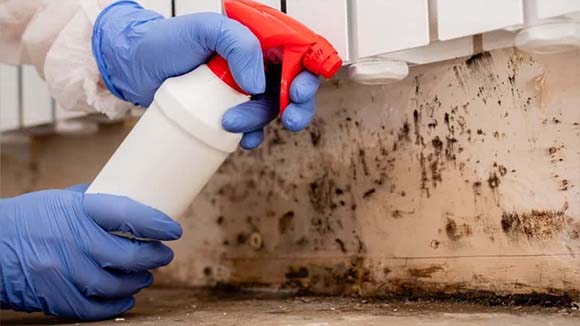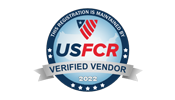Importance of Mold Remediation Certification
Mold remediation certification is becoming more and more important in the field of environmental health. As homes become tighter and energy efficiency improves, indoor air quality becomes a greater concern. Mold remediation professionals who are certified will have the knowledge and skills necessary to properly identify, remove and prevent mold growth in both residential and commercial settings.
Certification programs help to ensure that professionals who work in the field of mold remediation have the necessary skills and expertise to meet the growing demand for their services. These professionals are responsible for removing toxic mold from homes and businesses, as well as preventing future growth by making recommendations for repairs or modifications to building infrastructure.
Mold remediation professionals work to ensure that buildings are safe and healthy for their occupants, especially given the increasing prevalence of mold-related illnesses. However, many people do not realize just how important it is for these professionals to be certified in order to effectively perform the job. There are a number of organizations offering certification programs, including the American Council for Accredited Certification (ACAC) and the Institute of Inspection Cleaning and Restoration Certification (IICRC).
Typically, individuals who enroll in a mold remediation certification program will learn about topics such as health effects associated with exposure to mold, building science principles, indoor air quality assessment techniques, legal regulations related to remediation practices, and strategies for proper containment. They will also gain practical experience through hands-on training in a controlled environment.
Upon successful completion of a mold remediation certification program, individuals will be able to sit for an industry-recognized exam. This will allow them to earn a credential that will demonstrate their competence in the field. It is important to note that certification is not required in order to work as a mold remediation professional; however, it can certainly give job seekers an edge when applying for positions. In addition, many insurance companies prefer to work with certified professionals, as this provides them with peace of mind knowing that the individual has the necessary skills and knowledge to safely and effectively perform the job.
To get certified, individuals must typically complete a training program that includes both classroom instruction and hands-on experience undertaking actual mold removal projects. Some certification programs require candidates to pass an exam at the end of the training program in order to earn their certification. Other certifications may be earned based on professional experience alone.
If you are interested in pursuing a career in mold remediation, or if you are already working in the field, consider enrolling in a certification program. Doing so will give you the skills and credentials you need to be successful in this growing industry. With more and more buildings becoming tighter in order to be energy efficient, the importance of mold remediation certification is only likely to increase over time. So why not get ahead of the curve by earning your credentials now? Start exploring the many options available, and get ready to start a rewarding career in environmental health!
There are a number of organizations that offer certification programs for mold remediation professionals. The American Council for Accredited Certification (ACAC) and the Institute of Inspection Cleaning and Restoration Certification (IICRC) are two of the most well-known providers of certification programs in this field.









